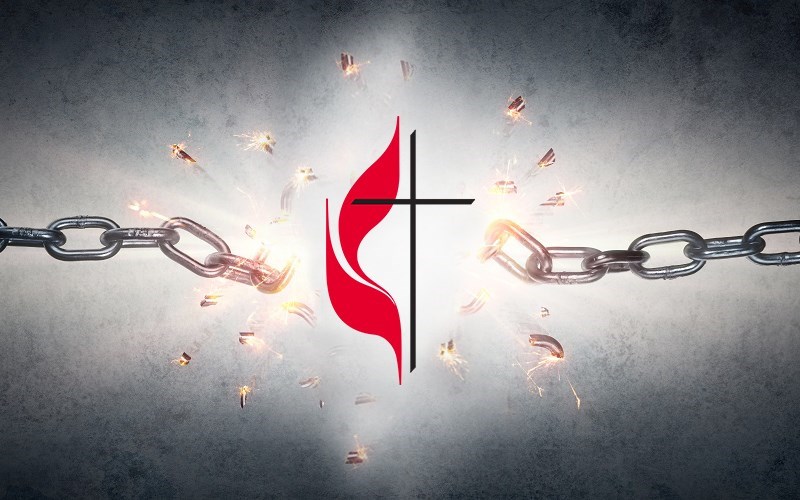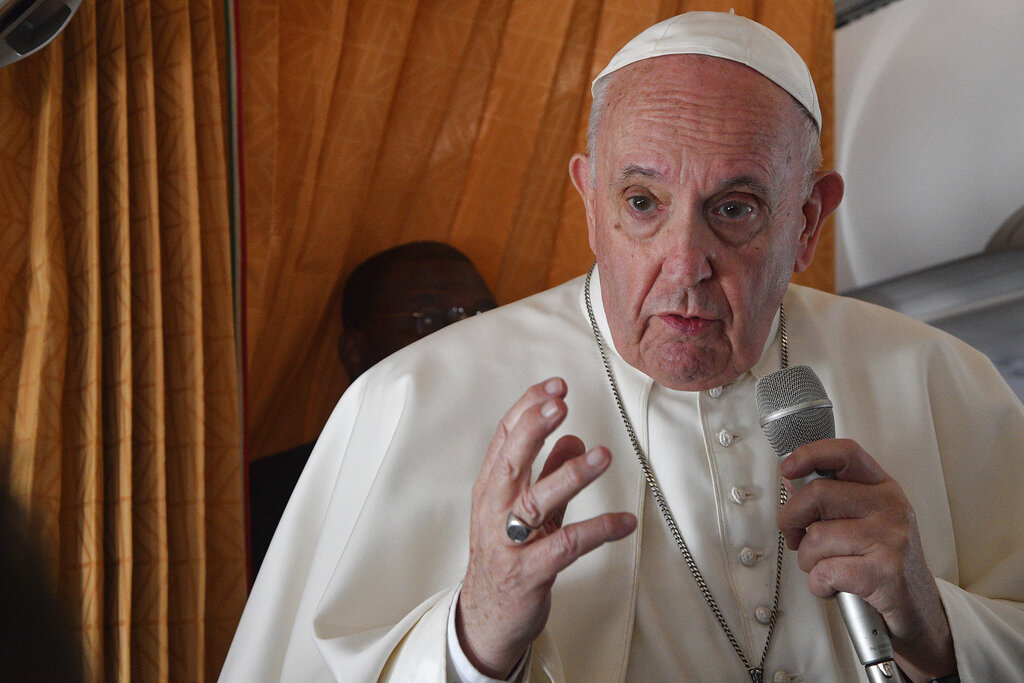United Methodist rules forbid same-sex marriage rites and the ordination of "self-avowed practicing homosexuals," but liberal Methodist churches and regional governing bodies in the U.S. have increasingly been defying those rules.
In 2019, a special legislative gathering voted to strengthen longstanding bans on same-sex marriage and LGBTQ ordination. The votes came from a coalition of conservatives in the U.S. and overseas, and that conference also began offering a five-year window for U.S. churches to leave the denomination under somewhat favorable terms.
Progressive, dissenting congregations were expected to utilize that window, but the vast majority of departing congregations were those dismayed over what they saw as the denomination's failure to discipline those defying church law.
So, for nearly five years, United Methodist congregations that refused to compromise on biblical marriage have been able to leave the denomination and keep their land and buildings if they paid a fee to the UMC. When that grace period ends December 31st, there will no longer be an official way for churches in United Methodism to leave the denomination and keep their property.
Mark Tooley, president of The Institute on Religion & Democracy (IRD) and founder of its United Methodist committee (UM Action), says the exit process was not easy or cheap.

"Congregations had to vote by two-thirds to exit and pay an exit fee, which for a small church would be in the thousands, but for a large church could be in the hundreds of thousands, or in some cases in the millions," he explains.
In total, at least 7,658 have received permission to leave the denomination since 2019, with 5,641 of those approvals being given this year alone.
The toll is about a quarter of what was once the second largest Protestant denomination in America, and most of the disaffected churches are joining the newly formed and orthodox Global Methodist Church.
"It's the biggest religious schism in America since before the Civil War, when the Methodists and the Baptists and then the Presbyterians divided regionally over slavery, and it represents the approaching death of mainline Protestantism in America," Tooley notes.
"I think when all is done in a couple of years, of the 13 million United Methodists that existed several years ago, there will only be maybe three and a half million left," he predicts.
AP reports that the first denomination-wide legislative gathering in eight years, slated for spring 2024, will consider calls to liberalize policies on marriage and ordination. It will also debate rival proposals, either to decentralize the international church — which has at least as many members outside the United States as in — or provide overseas congregations with the same exit option their U.S. counterparts had.







